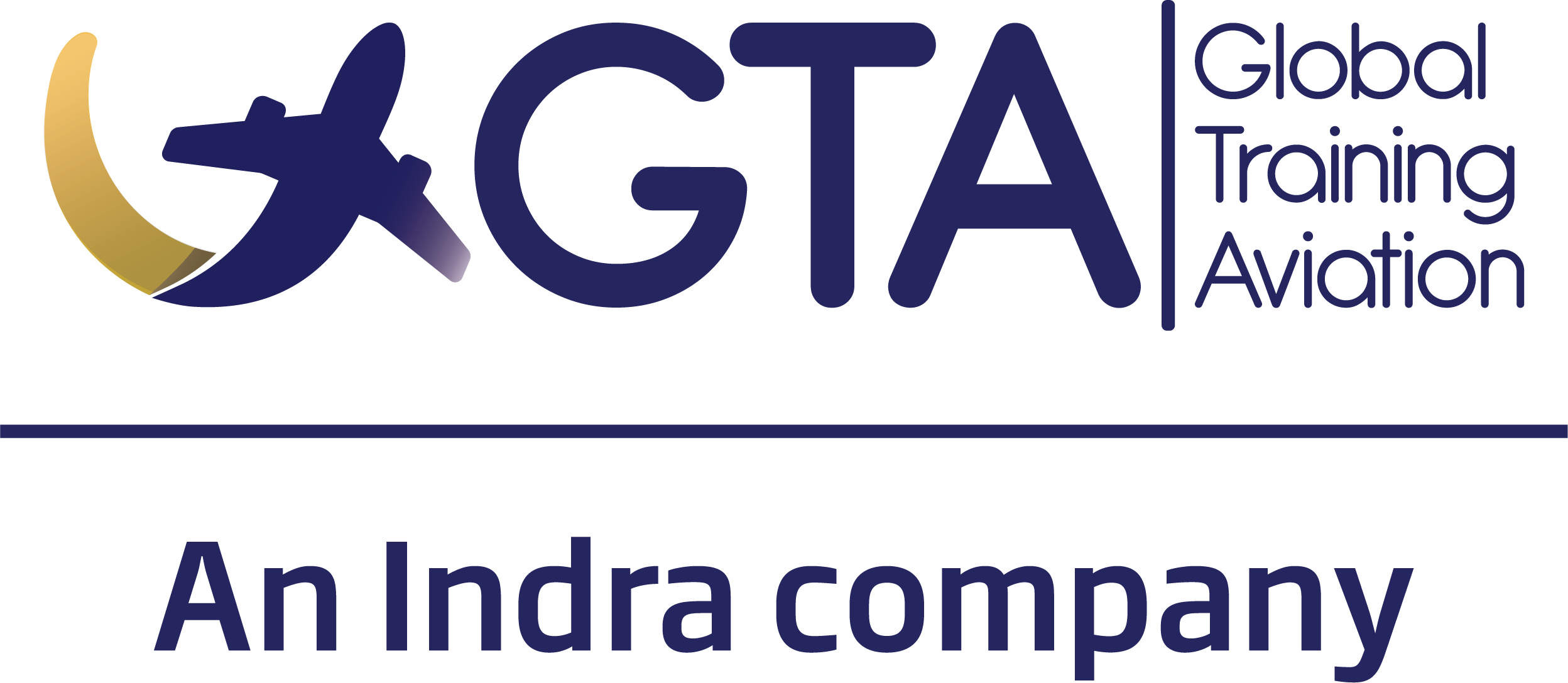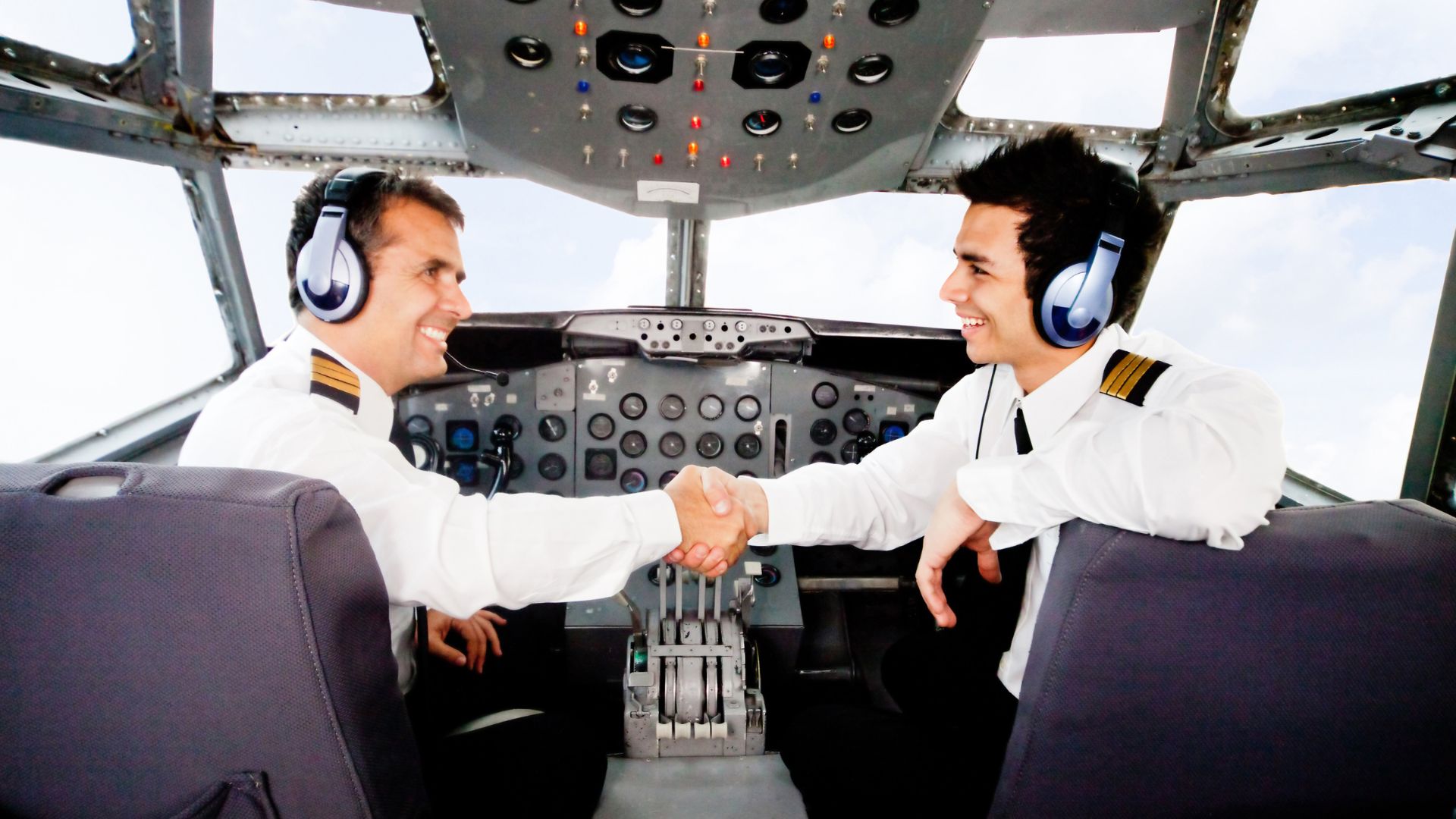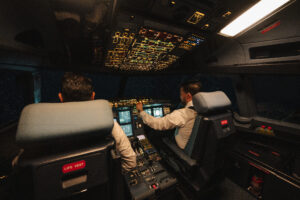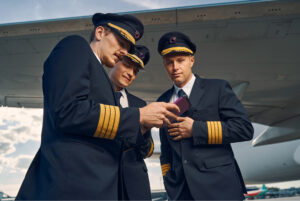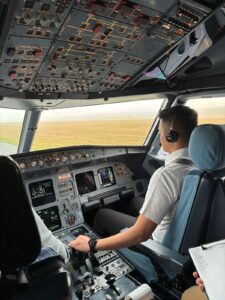Human factors in aviation play a crucial role in ensuring the safety and efficiency of flight operations. From cabin crew to pilots and instructors, every member of the aviation team must work cohesively, understanding the psychological and physical factors that influence performance. In this article, we explore how human factors shape the industry and contribute to the smooth functioning of aircraft operations.
What Are Human Factors in Aviation?
Human factors refer to the interplay between people, machines, and the environment in which they operate. In aviation, this concept addresses how pilots, cabin crew, and other personnel interact with systems, technology, and each other. These factors are key to minimizing errors, improving decision-making, and maintaining high safety standards.
The Role of Pilots in Managing Human Factors
Pilots are at the forefront of aviation operations, and their ability to manage human factors directly impacts flight safety. Training programs for pilots emphasize:
- Decision-making under pressure: Pilots must assess situations quickly and make sound judgments.
- Situational awareness: Recognizing and interpreting environmental changes to prevent accidents.
- Communication skills: Clear communication with cabin crew and air traffic control is vital to avoid misunderstandings.
Pilot training often includes simulations that mimic real-world scenarios to help future aviators master these skills.
Cabin Crew Contributions to Human Factors
Cabin crew members are the backbone of in-flight safety and passenger comfort. Their role goes beyond hospitality, encompassing responsibilities like:
- Managing stress: Cabin crew must remain calm under challenging conditions to reassure passengers and assist pilots when necessary.
- Conflict resolution: Handling disputes or disruptions on board with professionalism.
- Emergency preparedness: Being ready to act quickly during incidents such as medical emergencies or evacuations.
Training for cabin crew includes human factors modules to prepare them for these demanding situations.
The Importance of Instructors in Human Factors Training
Instructors are pivotal in ensuring that pilots and cabin crew are well-versed in human factors. They:
- Design comprehensive training programs: Covering communication, teamwork, and error management.
- Facilitate realistic simulations: Helping trainees experience and learn from high-pressure scenarios.
- Evaluate and provide feedback: Ensuring that future aviation professionals are prepared for real-world challenges.
Common Human Factor Challenges in Aviation
Despite rigorous training, human factor challenges can arise, such as:
- Fatigue: Long hours and irregular schedules can affect pilots and cabin crew.
- Stress and pressure: Tight deadlines or emergency situations require exceptional focus.
- Distractions: External or internal distractions can lead to errors if not managed effectively.
Recognizing and mitigating these challenges is essential for maintaining safety.
The Role of Technology in Addressing Human Factors
Modern aviation heavily relies on technology to enhance human performance. Advanced cockpit systems, automated alerts, and digital tools help pilots and cabin crew make informed decisions while reducing their cognitive load. However, reliance on technology requires careful balance to ensure it complements rather than replaces human judgment.
Human factors in aviation are a critical aspect of flight safety and operational success. By understanding the interplay between individuals, machines, and the environment, pilots, cabin crew, and instructors can work together effectively. Continuous training, awareness, and the integration of technology ensure that the aviation industry remains a model of efficiency and safety.
Whether you’re pursuing pilot training or dreaming of joining the cabin crew, understanding human factors will prepare you for the challenges and responsibilities of this dynamic field.
